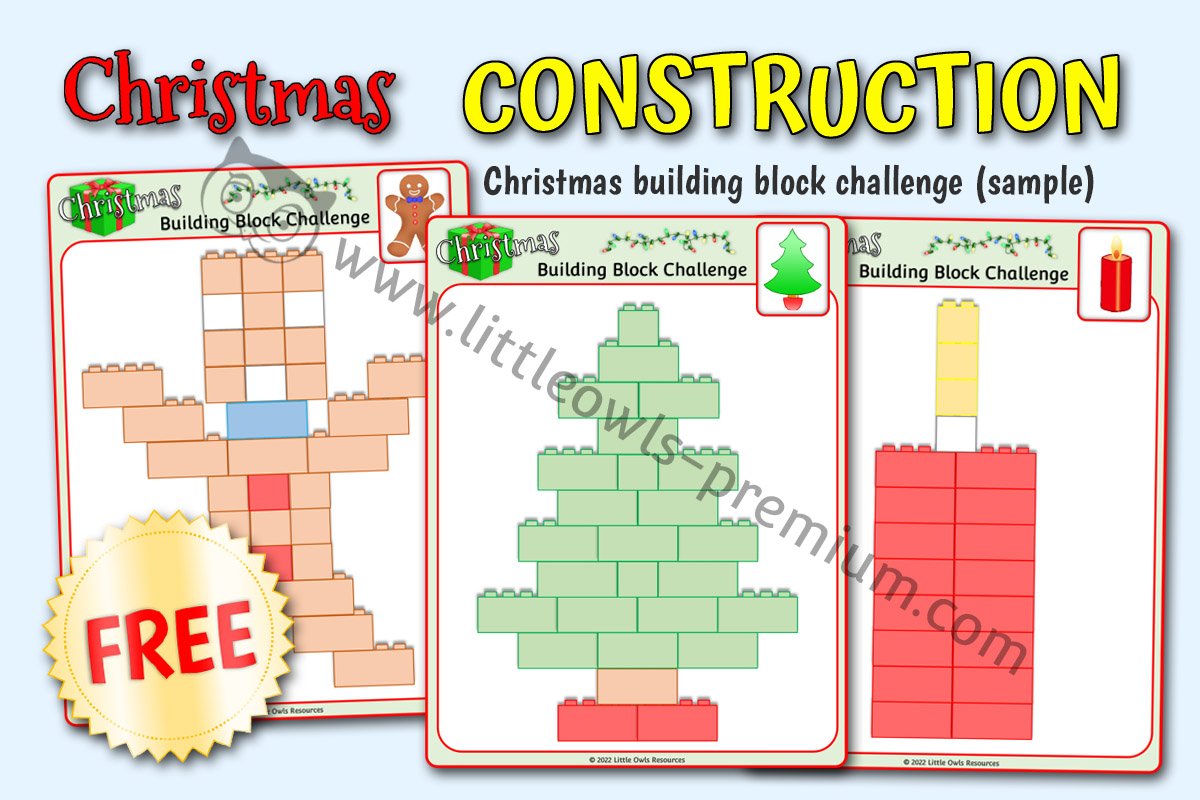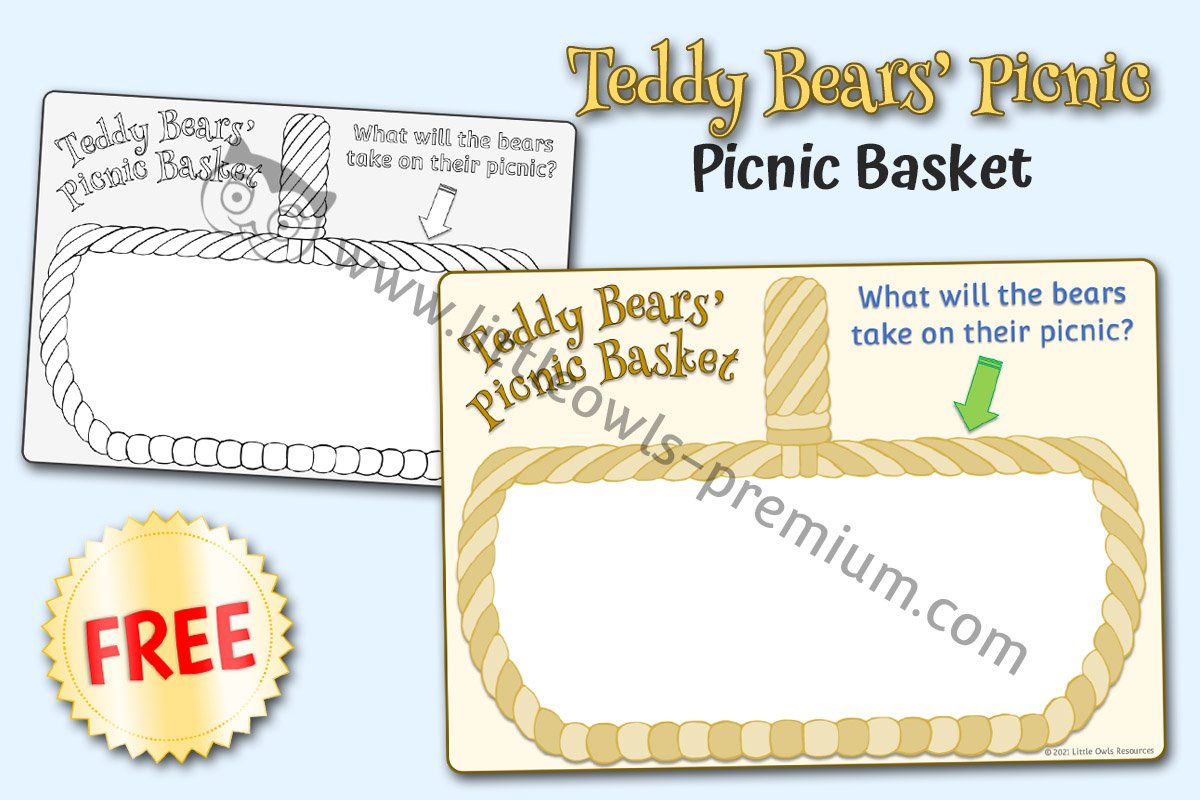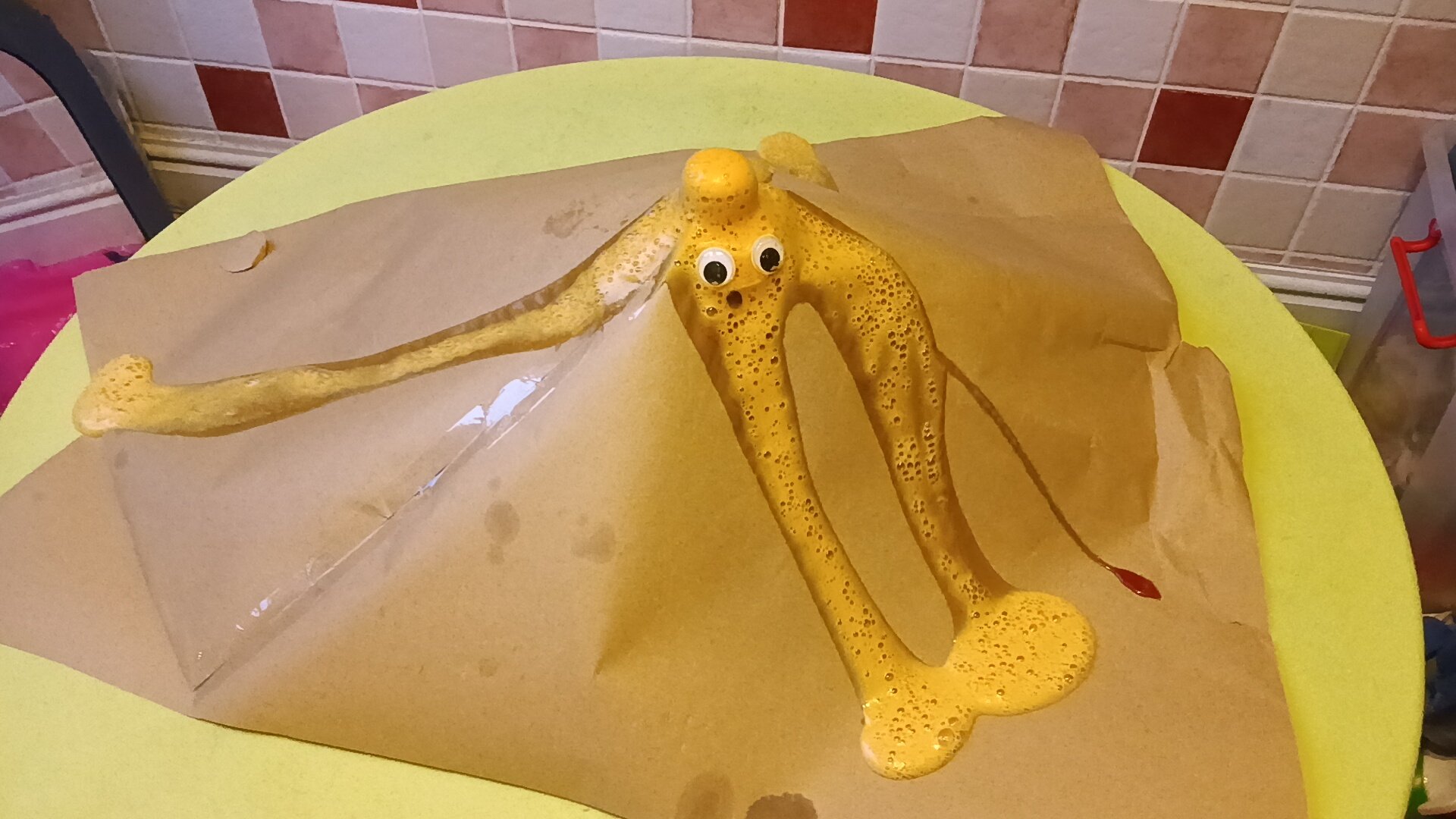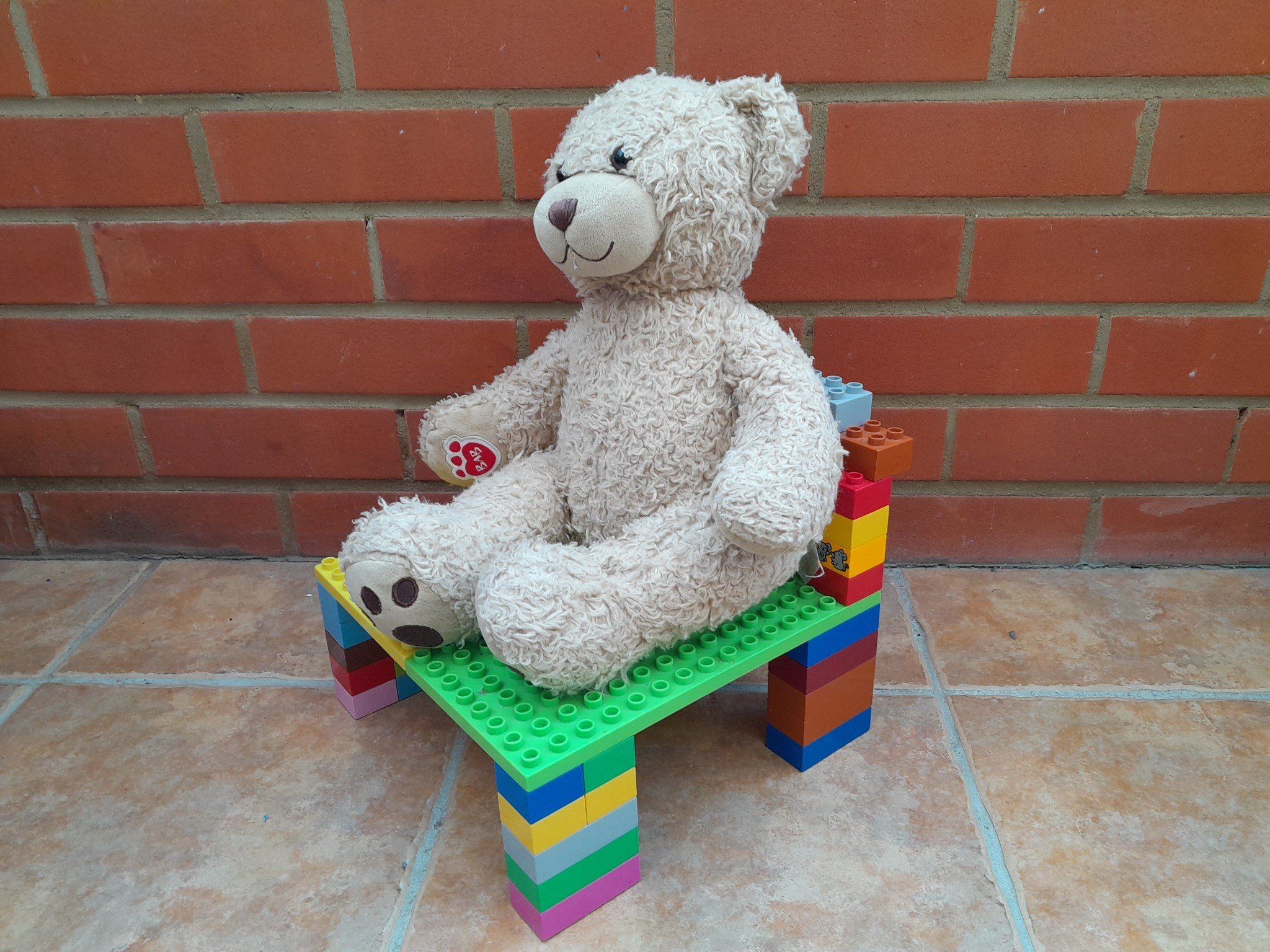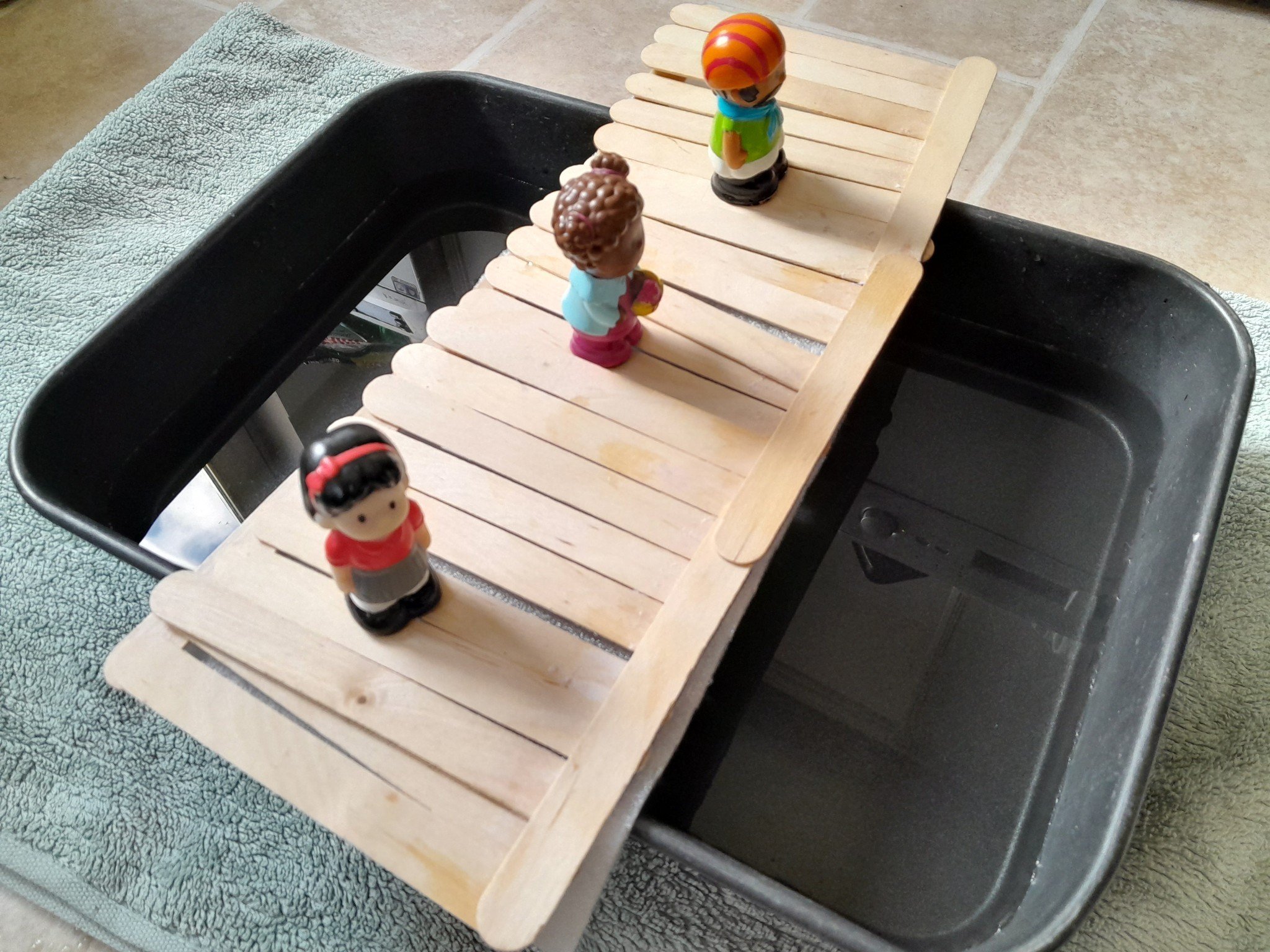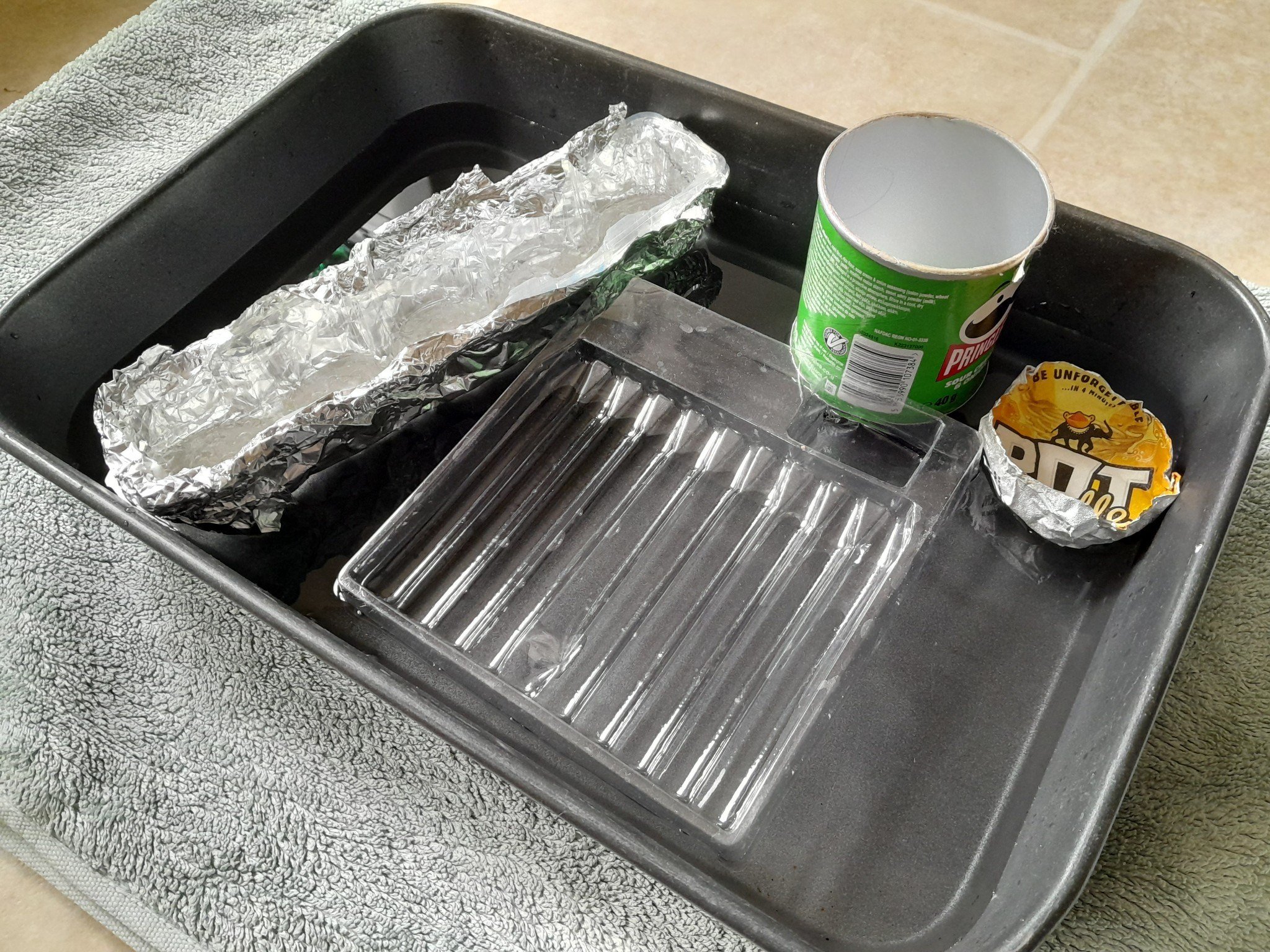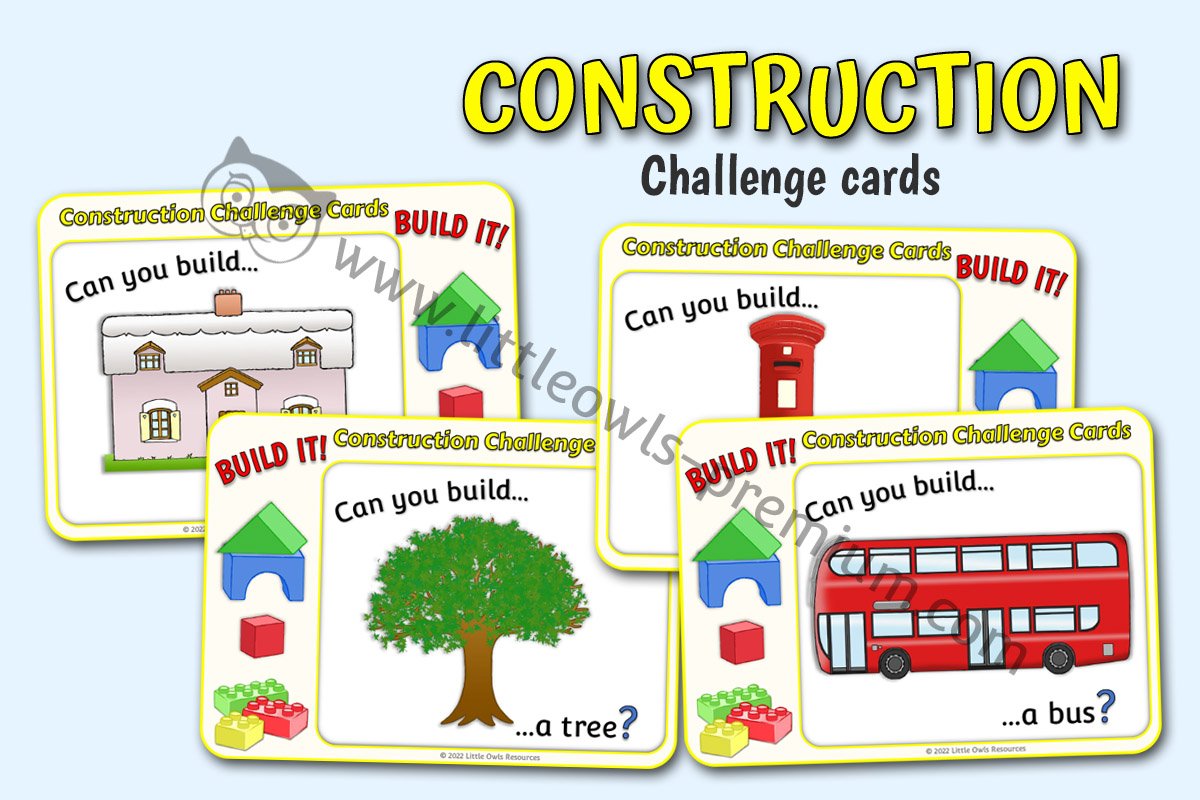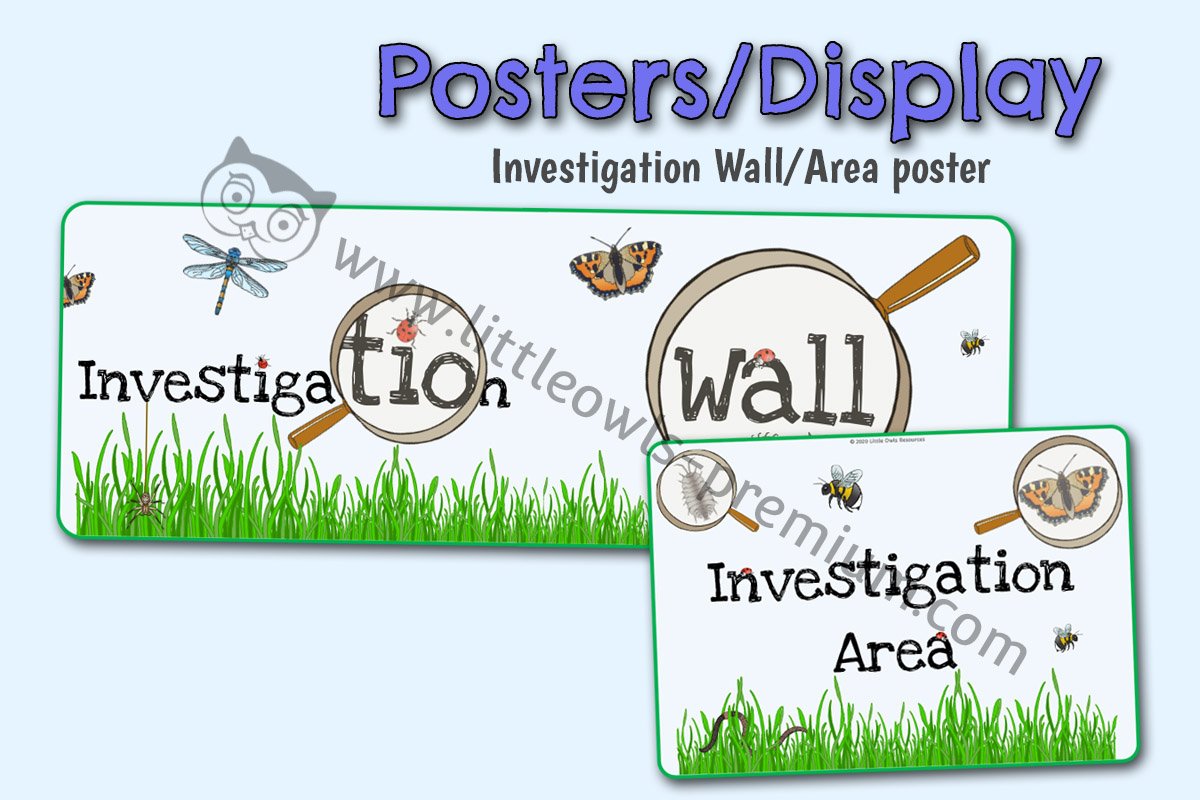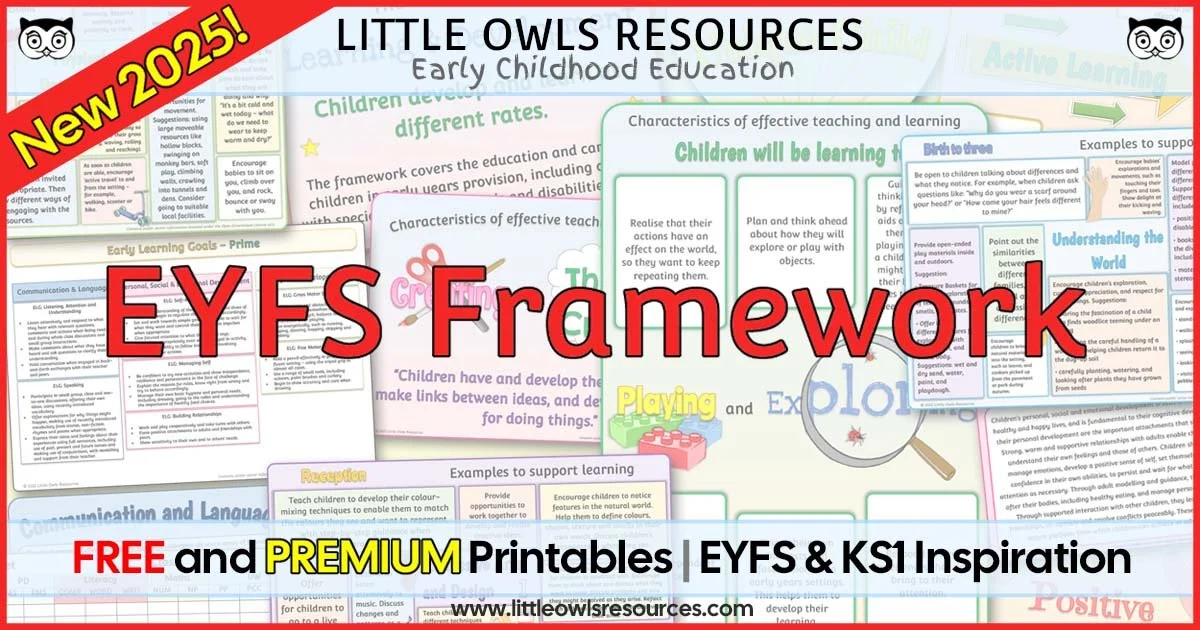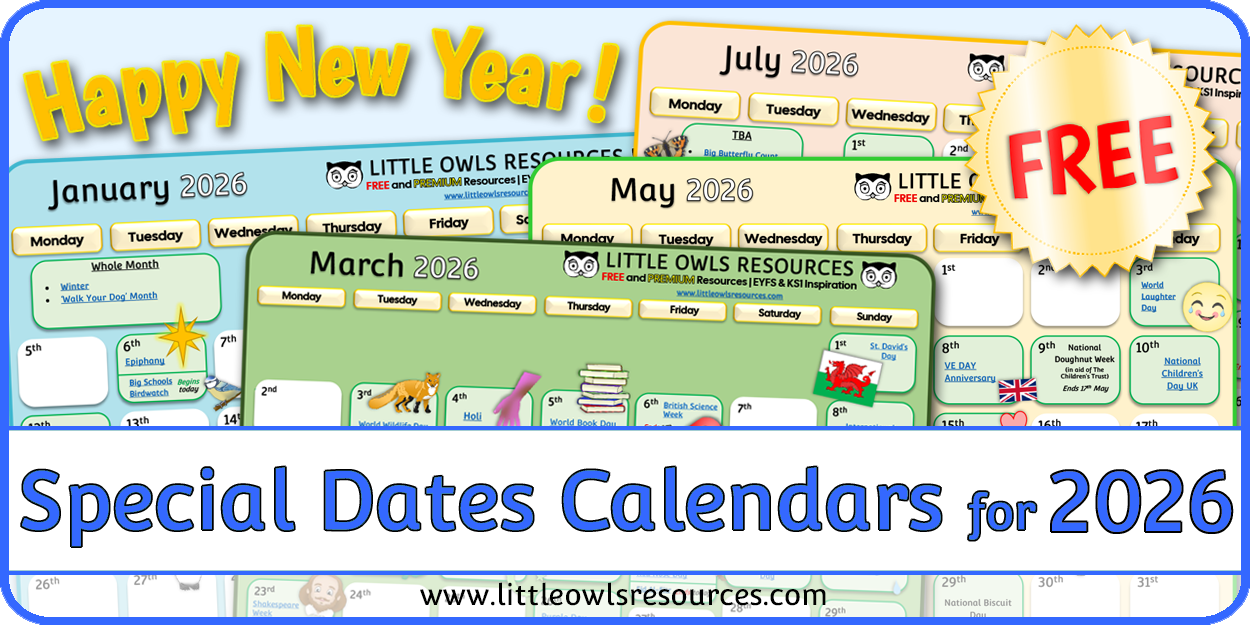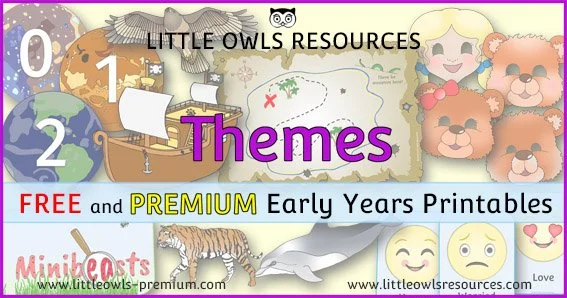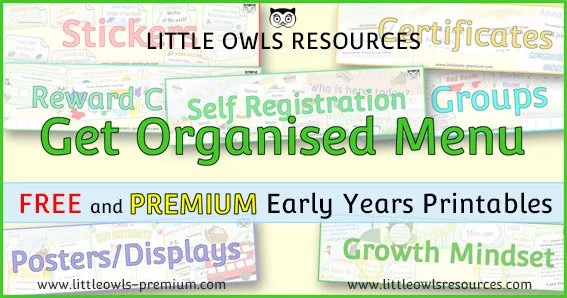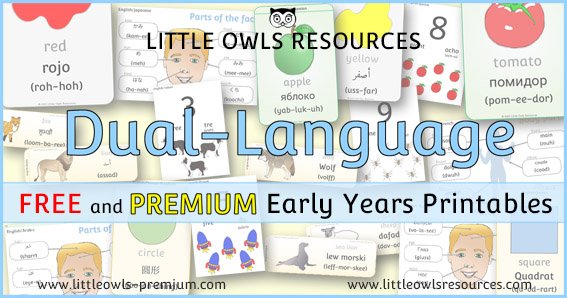STEAM/STEM - EYFS/Early Years activities, displays and ideas
ON THIS PAGE YOU WILL FIND:
What is STE(A)M? Why is it important in Early Years settings?
STE(A)M Activity ideas
Support materials for STE(A)M activities
STE(A)M Displays/Posters
Resources on the following pages:
Related topics
Related special dates - International Women in Engineering Day (Scroll down to find out more)
If you are not a member already, become a ‘Free Access’ member here. This will give you access to resources within the ‘Free Sample Resources’ sections at the top of most pages and ‘Special Dates Calendars’. Some whole topics are even free! Find out more about all of our membership options here. If you are already a member… thank-you! x
Please note that both Editable (docx file) and non-editable (pdf file) versions are available for our ‘STEM’ resources. (Editable files require Microsoft Word to work at optimum level and Non-Editable files require a pdf viewer.)
What is STE(A)M? Why is it important in Early Years settings?
STEM or STEAM stands for Science, Technology, Engineering, (Arts) and Mathematics.
Children are naturally curious; born predisposed to learning about their immediate surroundings. As babies we begin to sense and explore the world around us. We embark on scientific enquiry by noticing cause and effect, repeating experiences to confirm what we have found out and exploring when something different happens to what we expect. As we develop language we ask a multitude of ‘how?’ and ‘why?’ questions to make further sense of the world around us.
Early Years settings are the perfect environment for STE(A)M development because children naturally want to play in their immediate surroundings to investigate and learn more. As early years professionals and parents it is our job to nurture this natural desire and enthusiasm and provide children with an environment which enables exploration and scientific discovery. When children interact with materials in their surroundings it becomes meaningful to them. Children become even further engaged when it is something which interests them personally.
In addition to the knowledge and experience gained through STE(A)M learning, the development of key skills required for life are of great importance. Skills that can be nurtured further through later childhood and become incredibly valuable as an adult. Skills such as critical thinking, creativity, teamwork, communication, initiative, inquiry and problem solving are all interwoven into STE(A)M learning.
STE(A)M Activities and Support Materials
Open Ended
More Directed
STE(A)M Displays
resources on the following pages:
related topics
Click on the thumbnail images below for further details…
Related Special Dates
International Women in Engineering Day
International Women in Engineering Day (INWED) is celebrated annually on 23rd June to recognise and honour the achievements of women engineers worldwide. Established in 2014 by the UK's Women's Engineering Society (WES) to commemorate its 95th anniversary, INWED has since evolved into a global campaign promoting gender diversity in engineering and encouraging more women and girls to pursue careers in this field.
🔧 Purpose and Significance
INWED aims to:
Celebrate the contributions of women engineers across various disciplines.
Raise awareness about the need for increased gender diversity in engineering and STEM (Science, Technology, Engineering, and Mathematics) fields.
Inspire young women and girls to consider engineering as a viable and rewarding career path.
Highlight the challenges women face in engineering and advocate for inclusive practices within the industry.
The campaign has garnered international recognition, including patronage from UNESCO, underscoring its global impact.
🌍 Global Celebrations and Activities
INWED is marked by various events and initiatives worldwide, such as:
Educational workshops and seminars highlighting women's roles in engineering.
Panel discussions featuring prominent women engineers sharing their experiences.
Mentorship programs connecting aspiring engineers with industry professionals.
Social media campaigns using hashtags like #INWED2025 and #WomenInEngineering to spread awareness.
Organisations, educational institutions, and companies often participate by hosting events, sharing stories of women engineers, and promoting engineering careers to young women.
🛠️ How to Get Involved
Individuals and organisations can participate in INWED by:
Hosting events such as workshops, talks, or networking sessions.
Sharing stories of women engineers on social media platforms.
Engaging with educational institutions to promote engineering careers to female students.
Collaborating with professional bodies to advocate for inclusive policies in engineering sectors.
For more information and resources, visit the official INWED website: inwed.org.uk






